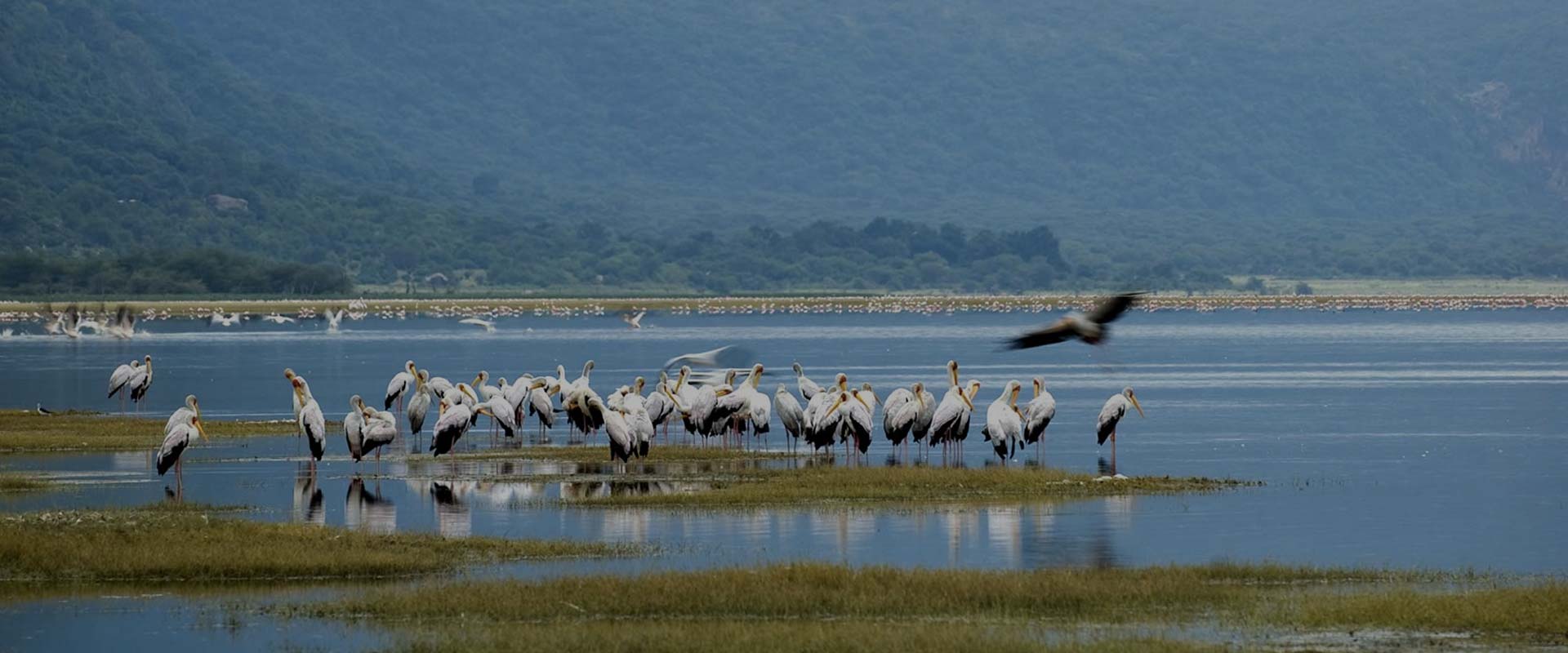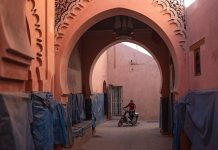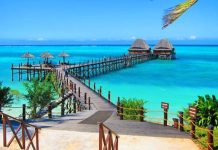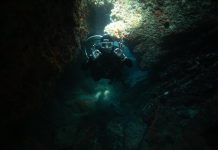AfricaPress-Tanzania: ON Saturday, President John Magufuli handed over 100 peacocks to former presidents to recognise their caring of birds while they were still in power at the State House.
This special event took place in Dodoma Capital City. Former presidents received 25 peacocks each. They included Ali Hassan Mwinyi, Benjamin Mkapa and Dr Jakaya Kikwete, while Mwalimu Julius Nyerere was represented by the widow, Mama Maria Nyerere.
The number of peacocks has increased to 2,260 compared to only 403 in 2015 at the Dar es Salaam State House when President Magufuli assumed office, thanks to efforts put to multiply the birds.
The birds have a long history since there has not been such species in the country and that they were brought by the Father of the Nation, Mwalimu Julius Nyerere, during his administration.
The handover was held before laying the foundation stone for the construction of Chamwino State House and it sends two important messages to the nation.
In the first place, the recognition of the former presidents’ role in the conservation of the birds calls for Tanzanians to keep on preserving the country’s unique tourist attractions that contribute immensely to economic growth.
Secondly, President Magufuli quest for the transformation of the State House area of 8,473 acres into an impressive tourist attraction site with exceptional wildlife, including giraffes.
The above two messages show the determination of President Magufuli’s administration in the conservation of the country’s natural resources and using them for the benefit of Tanzanians and boost economic growth.
For example, in just five years of his tenure of office, the fifth phase government increased the number of national parks in the country to 22 from 16 in 2015, a move that has boosted revenue of the tourism sector through national parks.
According to the Bank of Tanzania (BoT)’s monthly economic review for April earnings from tourism increased to $2,591.4m in the year ending in March compared to $2,512.3m in the corresponding period in 2019.
Furthermore, the anti-poaching drive put by the fifth phase government that aims at conserving the country’s unique natural resources compliment the efforts intended to enhance the tourism industry’s contributions to the GDP.
It is high time Tanzanians took active part in the conservation of the country’s natural resources and benefit from immense opportunities in the whole tourism value chain that are geared at promoting economic growth.







